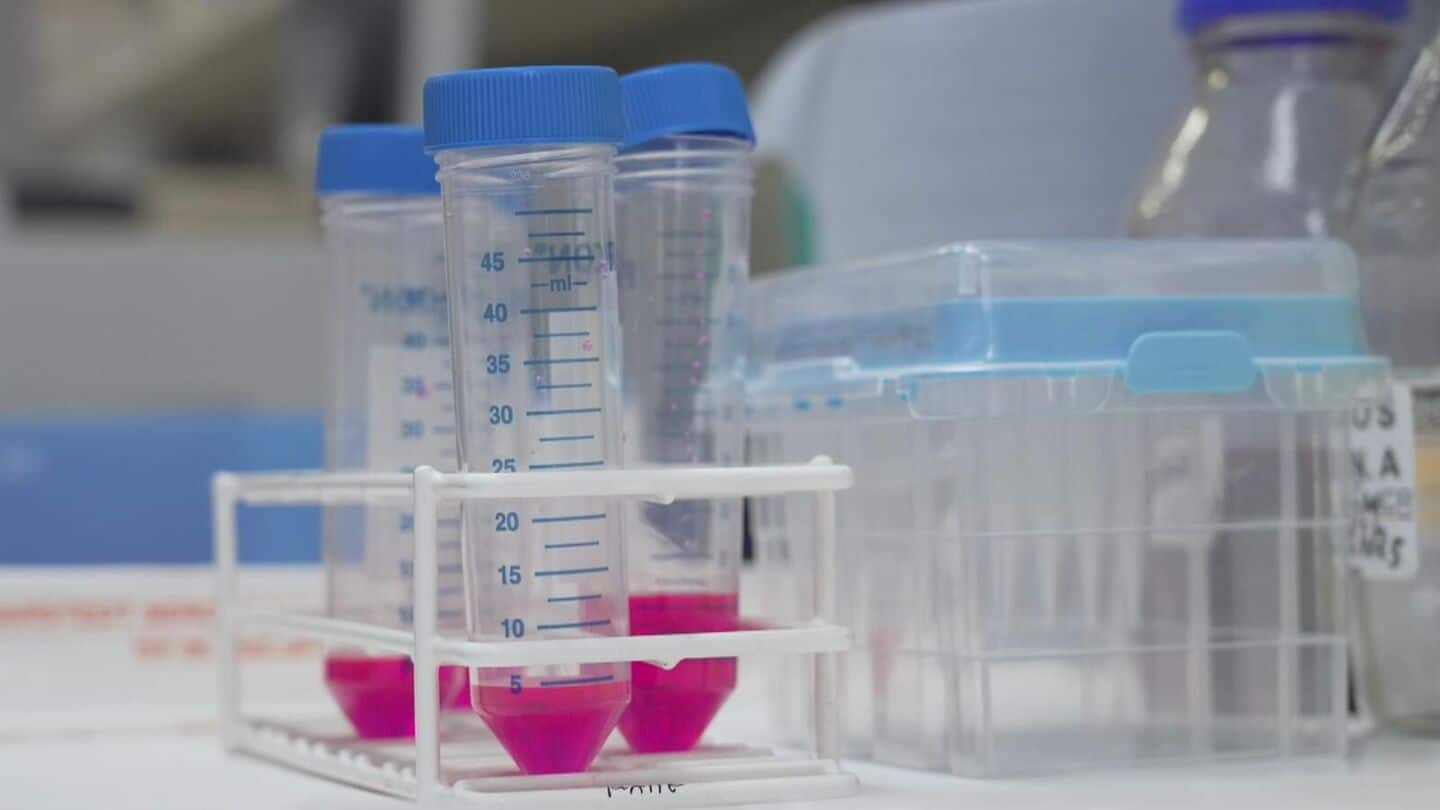
'Game-changing' pill that slows breast cancer approved
What's the story
In a major healthcare development, the National Health Service (NHS) in England and Wales will now offer a twice-a-day pill, capivasertib, to women with advanced breast cancer.
The decision comes after the medicines watchdog reversed its decision and is expected to benefit nearly 3,000 women every year.
The drug is specifically designed for those with hormone receptor (HR)-positive HER2-negative breast cancer with certain genetic mutations and spread.
Drug details
Capivasertib: A breakthrough in breast cancer treatment
Capivasertib, also known as Truqap and manufactured by AstraZeneca, works by blocking an abnormal protein molecule called AKT. This molecule drives cancer cells to multiply.
By inhibiting this process, the drug can slow down or even potentially halt the spread of the disease.
The Institute of Cancer Research (ICR) in London has hailed this approval as a "game-changing" development after decades of research by its scientists.
Treatment impact
Capivasertib's effectiveness and patient eligibility
Clinical trials have demonstrated that capivasertib, when combined with hormone therapy fulvestrant, can prolong the time before cancer worsens by about 4.2 months as opposed to placebo plus fulvestrant.
This is particularly significant for patients whose tumors have mutations or alterations in the PIK3CA, AKT1, or PTEN genes—present in nearly half of those with this type of breast cancer.
Professor Nicholas Turner from ICR said the pill "can substantially delay chemotherapy, which many women fear because of the side effects."
Call to action
Urgent action needed for prompt approval of breast cancer drugs
Linda Kelly, 67, told the BBC that she's had "fantastic" results from the new drug.
"You feel the drug is working and you can be a lot calmer - it's given me nearly four years of extra time," she said.
The National Institute for Health and Care Excellence (NICE) has approved the drug. In England, the drug will be funded through the Cancer Drugs Fund, but in Wales, funding has not yet been confirmed.